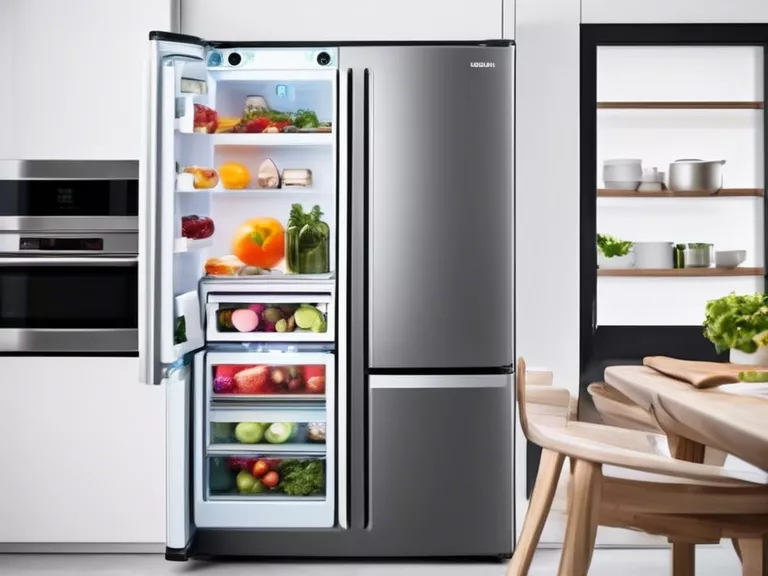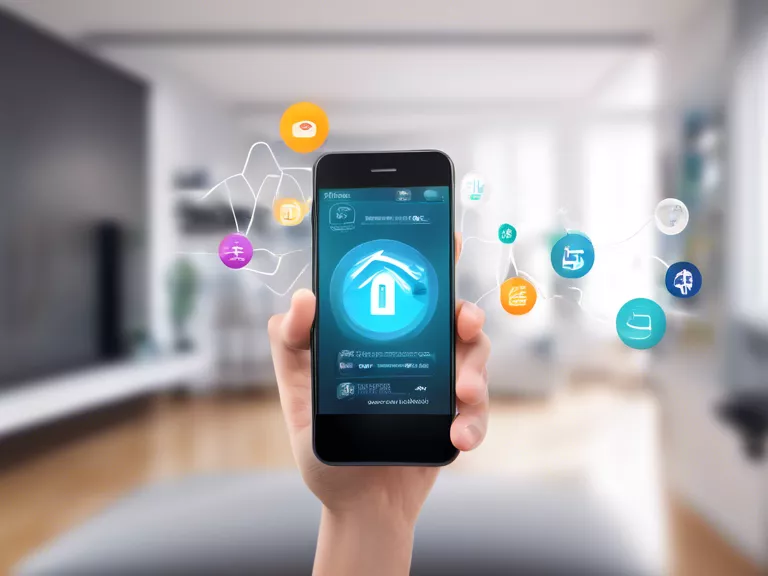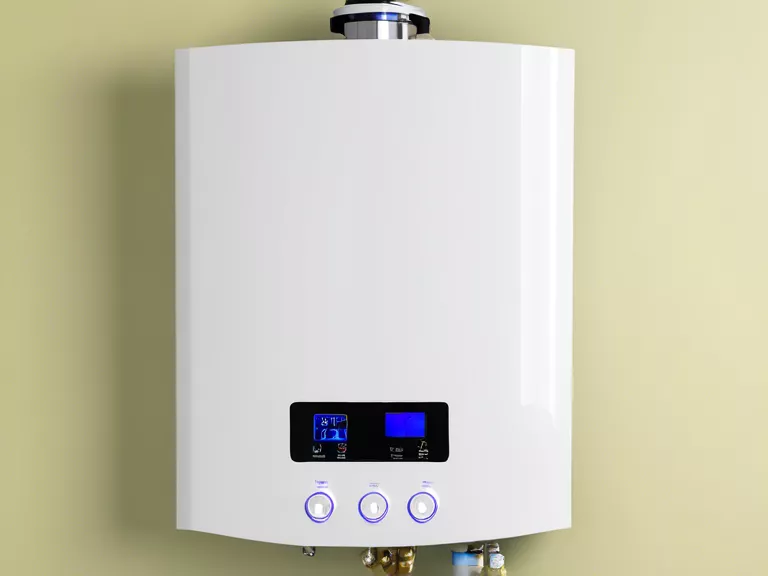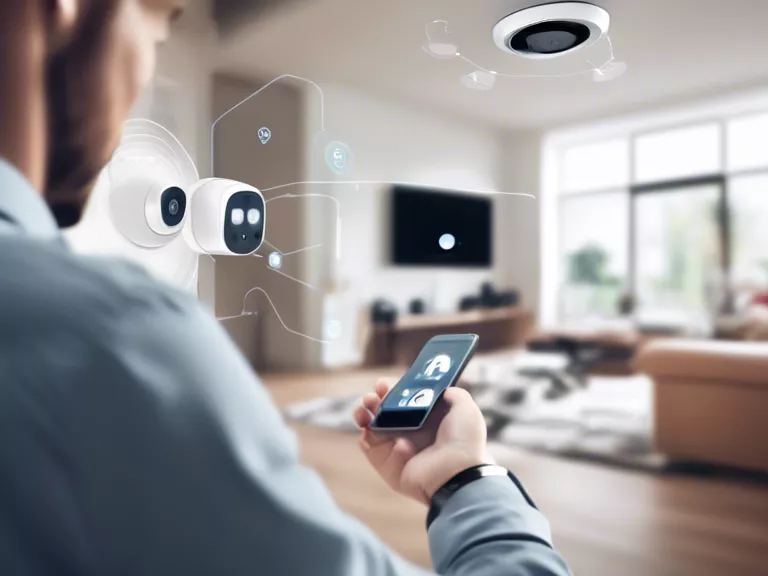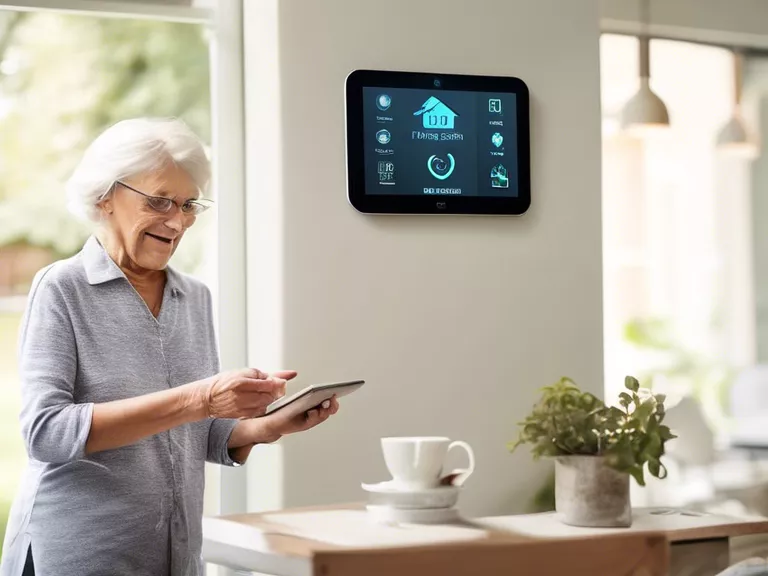
Smart home automation technology is revolutionizing elderly care and promoting independence among seniors. With the ability to control household devices remotely and monitor health conditions, smart homes offer a new level of safety and convenience for the elderly population. This article explores the impact of smart home automation on elderly care and how it is changing the way seniors age in place.
One of the key benefits of smart home automation for the elderly is increased safety and security. With features such as motion sensors, door/window alarms, and video surveillance, smart homes can help prevent accidents and intrusions. For elderly individuals living alone, these technologies provide peace of mind and reassurance that help is just a voice command away.
Moreover, smart home automation can also contribute to better health monitoring and management for the elderly. Devices like smart scales, blood pressure monitors, and medication reminders can help seniors stay on top of their health and adhere to their treatment plans. This proactive approach to healthcare can lead to better outcomes and reduce the need for frequent hospital visits.
Additionally, smart home automation enhances the overall quality of life for seniors by promoting independence and self-sufficiency. Voice-controlled assistants like Alexa and Google Home allow elderly individuals to control their environment and access information with ease. Smart thermostats and lighting systems can be adjusted remotely, making it easier for seniors to maintain a comfortable living environment without relying on others for assistance.
In conclusion, smart home automation technology has the potential to significantly improve the lives of elderly individuals by enhancing safety, health monitoring, and independence. As the population ages, the demand for innovative solutions in elderly care will continue to grow, and smart home automation is poised to play a central role in meeting these needs.
